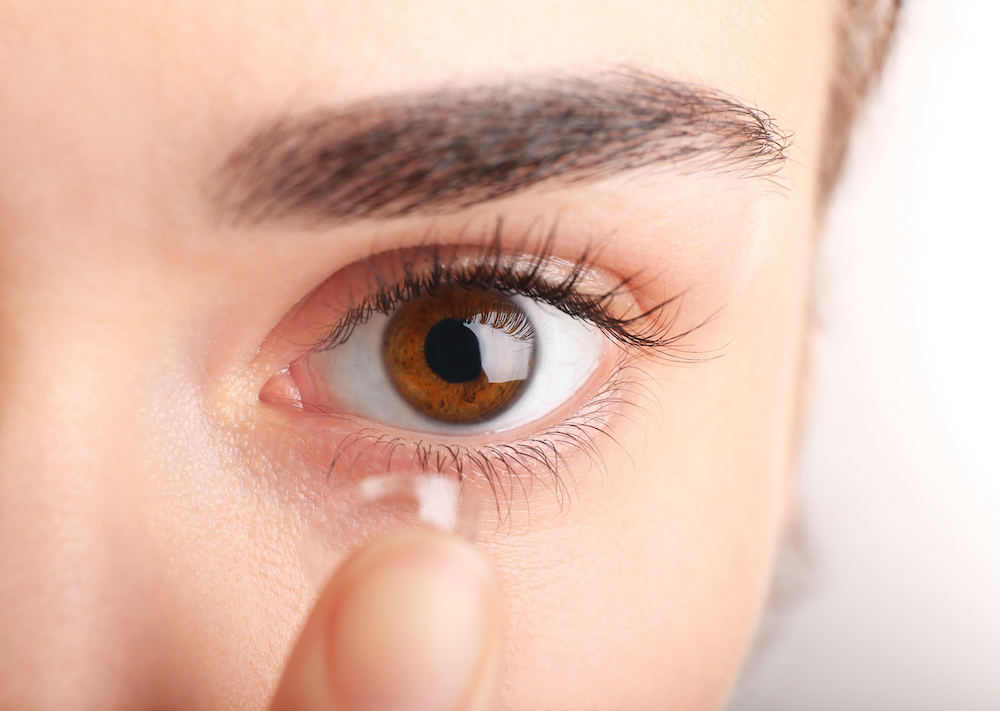
Vision correction is more accessible today than it ever has been before. Currently, over 45 million Americans use contact lenses. Most patients who use eyeglasses can switch to contact lenses, but not everyone is a candidate. Contact lens exams entail different tests to help an eye doctor determine if you are a good fit.
Since contact lenses lie on the eye's surface, they are more sensitive than eyeglasses. They require better hygiene, and they also impact eye health more. Because of these issues, an eye doctor must conduct specific tests to check for underlying ocular health issues. They will discuss your expectations for wearing contact lenses.
Who Is a Good Candidate for Contact lenses?
Candidates for contact lenses must have good ocular health. As mentioned earlier, contact lenses lie on the eye's surface, which means your ocular health is vital. Before an eye doctor approves you for contact lens wear, they will run a few tests to check for issues.
Eye conditions like dry eye or chronic allergic conjunctivitis can have severe side effects if you wear contact lenses. Wearing contacts with these conditions can lead to:
Developing poor vision
Increased eye discomfort
Eye infections
Eye inflammation
Other ocular conditions may also cause adverse effects. Thus, the eye doctor has to rule out all these to ensure your safety and eye health.
Contact Lens Fitting
After the eye doctor ensures you have good ocular health to wear contact lenses, they will proceed with fitting. Contact lenses require specific measurements to provide comfort and safety. Poorly fitted contact lenses can lead to the cornea or the eye's surface injury.
The eye doctor will measure your eye's curvature with a unique device. From these measurements, they will design the best fit for you. Depending on your condition, they prescribe gas permeable or soft lenses. You may get specialty lenses if you have a specific issue that regular contacts cannot correct.
Types of Contact Lenses
There are several types of contact lenses that eye doctors can prescribe. However, most fall under either gas-permeable or soft contacts. Here are some of the types available:
Soft Lenses
These are more comfortable than hard or gas-permeable lenses. They are made from soft plastic and hold more water, making them comfortable. Most of them are also UV protection capable. They are usable for short periods before they are up for disposal. The most common ones last two to four weeks before replacement. However, you can get the daily disposal ones.
The less time it takes to replace them, the safer they are. Wearing these contacts for long periods predisposes you to infection as they collect protein and debris. Having fresh lenses often means more comfort, a lesser chance of infection, and less cleaning.
Gas-Permeable Lenses
These lenses are made from tougher materials than soft ones, making them more durable. They are made of silicone polymers that allow more oxygen through them. Because they are not flexible, they provide sharper and clearer vision than soft lenses. They are also much easier to care for than soft lenses.
For more information or to find out if you are a candidate for contact lenses, contact Dr. Richard E. Hults & Associates at our offices in Belden Village, Summit Mall, Westgate Mall, or Midway Mall in Ohio. Call (330) 252-7616, (330) 252-7457, (440) 755-2857, or (440) 687-6055, respectively to book an appointment today.
















